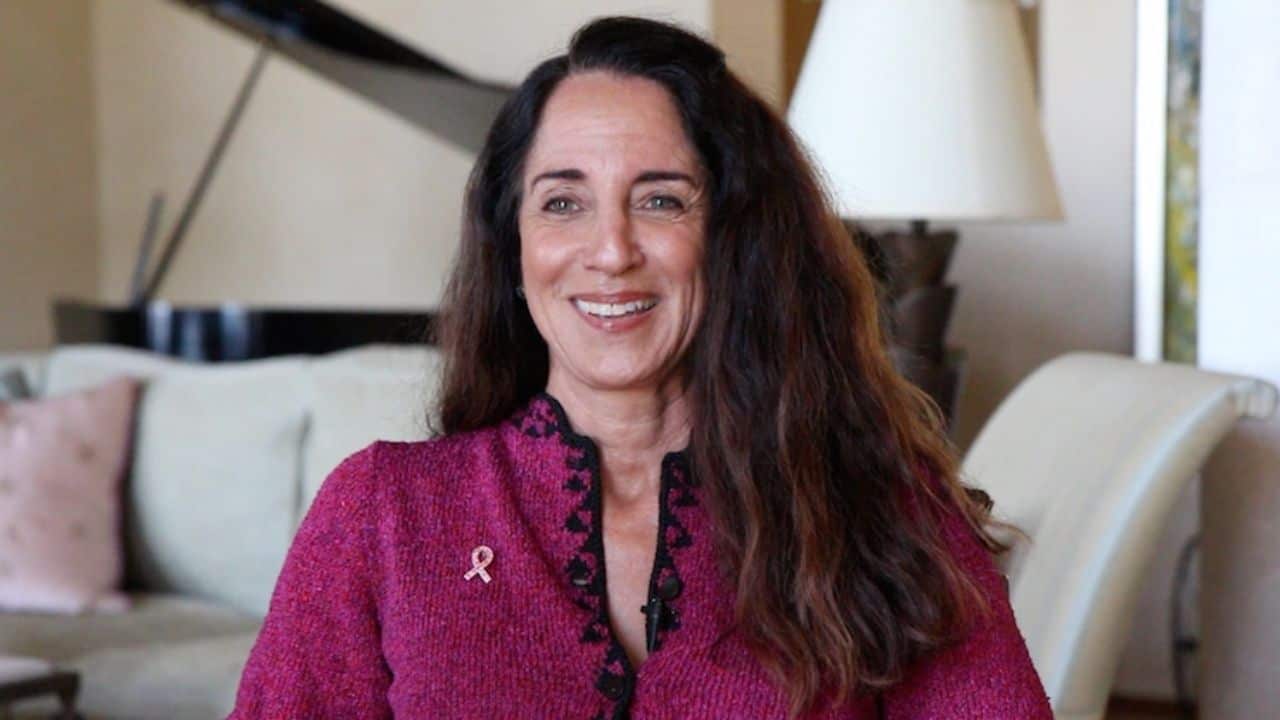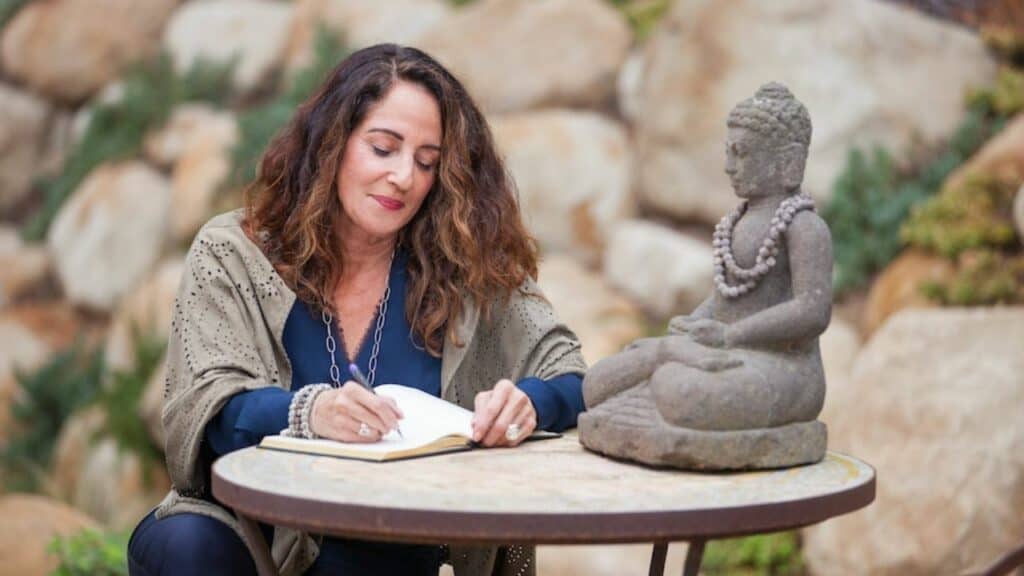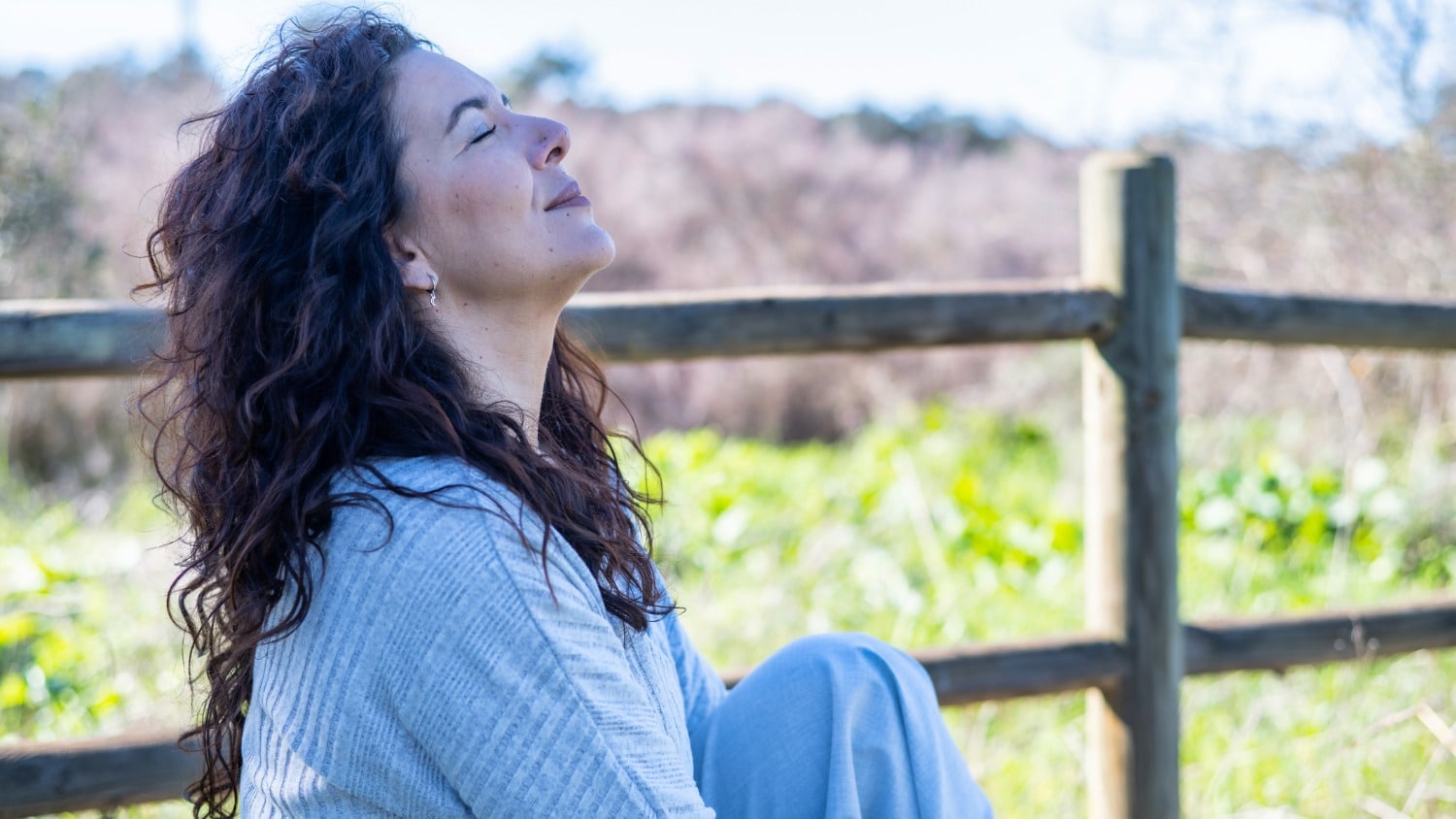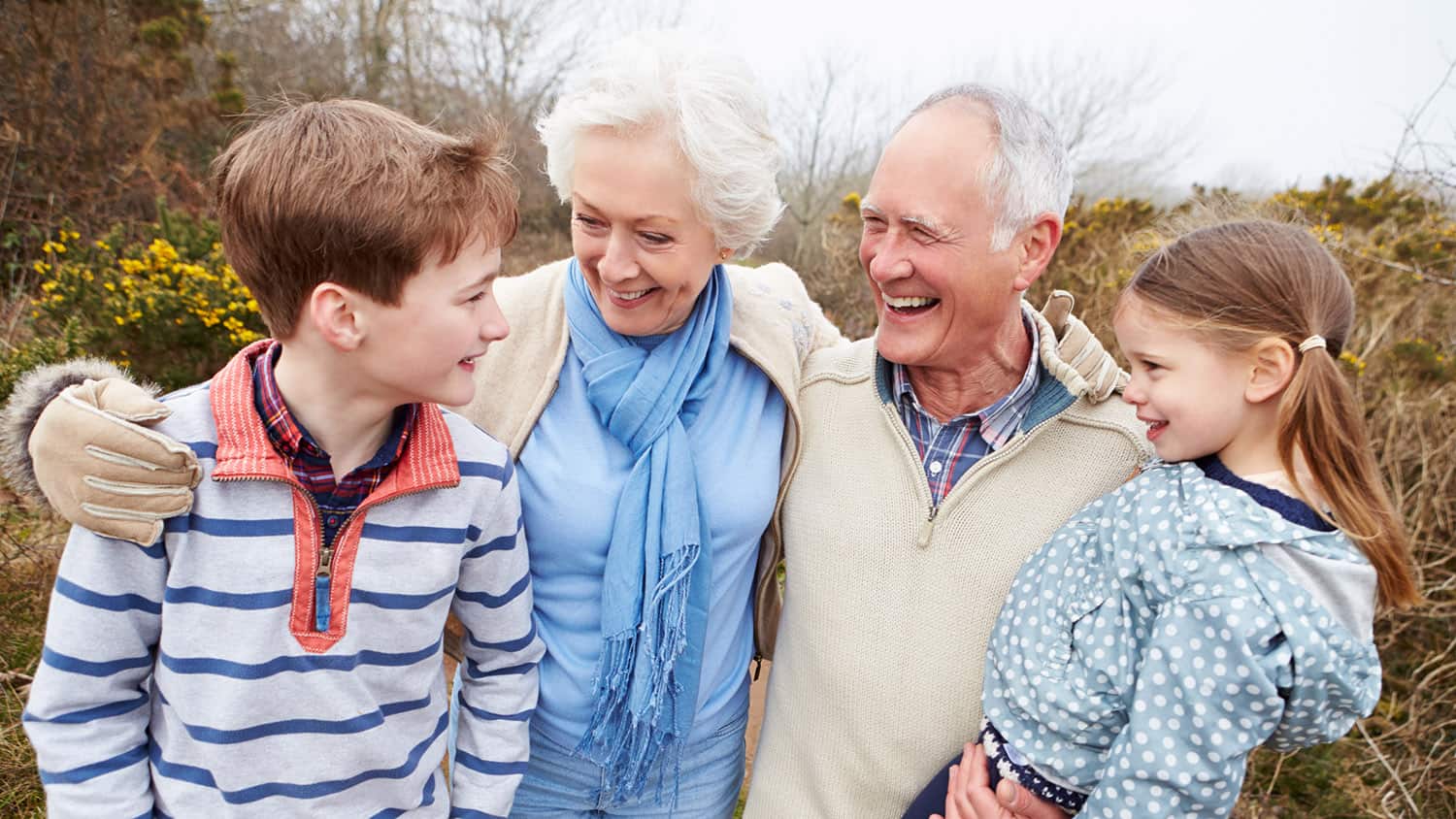
Breast Cancer Can Happen to Any Woman – Can You Be a Survivor?
October is Breast Cancer Awareness Month, which, for me, is another reminder that it’s been more than two decades since my diagnosis in 2000.
Back then, one in five women was affected. Today, the American Cancer Society claims that there is a 13 percent chance that a woman will get breast cancer at some time in her life. In other words, she will have a one-in-eight chance of being diagnosed with the disease.
Who, Me?
Two decades ago, before I received that dreaded phone call about an abnormal mammogram, I never could have imagined being a part of those statistics. Nobody in my family had ever been diagnosed with any kind of cancer.
At the time, I was in my late 40s, was raising three wonderful children, and had just celebrated my 25th wedding anniversary, while leading a fairly successful literary life.
It wasn’t the first time I’d been called back for further testing, which in the past had turned out to be false alarms. But this time my gut told me the outcome would be different.
My Diagnosis and Choice of Treatment
After a few more mammograms, ultrasounds, MRIs, and consultations, I was told that I had DCIS (Ductal carcinoma in situ), which, if diagnosed early enough, has an excellent prognosis. In addition, I was lucky because my lymph nodes were free of cancer cells.
I opted to have a mastectomy and reconstruction. The surgery and immediate recovery were uneventful. However, in the days prior to my post-op visits, I had uncontrollable panic attacks.
Because I was premenopausal when first diagnosed, I knew there was a chance that the cancer might recur in the other breast at a later date. I tried to remain positive and often thought of the adage “Grant me the serenity to accept the things I can’t change, the courage to change the things I can, and the wisdom to know the difference.”
Feelings of Lost Sexuality
One of the physical drawbacks of having had breast-cancer surgery is the degree of deformity and feelings about one’s sexuality. It helps to have a supportive husband or partner who understands what you’re going through and sees you as the same person you were before the surgery.
I remember feeling unattractive after my operation, but my surgeon and my husband were encouraging and repeatedly told me I was beautiful.
At my first post-op visit with my plastic surgeon, I mentioned my concern that people would notice the lack of uniformity between my breasts. He told me that most women are not symmetrical, and he reassured me that others wouldn’t even notice. He encouraged me to wear provocative clothes, first around the house and then when I was out.
Another difficult part of having had breast surgery was the complete loss of physical sensation on the mastectomy side. In fact, there’s no erotic sensation at all. The nipple and surrounding areas are completely numb. My surgeon said that some women get sensation back, but I never did.
Emotional Healing Is Important
In order to maintain a sense of emotional sanity during the early post-op days, I focused my attention toward my own healing. I spoke with a nurse-therapist who worked with breast-cancer patients to help them cope with the psychological adjustment of losing a breast.
From the first appointment onward, she walked me through creative-visualization techniques, and each night I listened to healing tapes. She also encouraged me to take one day at a time and focus on my own needs.
Writing for Healing
In the days following my diagnosis, I needed ample time alone for reflection. Sometimes I’d just sit in the backyard journaling and writing letters to loved ones who had passed. Some of my journal entries, in fact, turned into published articles that helped other women face their own demons and issues about breast cancer.
My second memoir, Healing with Words, came out of that experience, and this year was the book’s 10th anniversary. Also, my next two books, Writing for Bliss and Writing for Bliss: Companion Journalwere continuations of my passion for writing for healing and transformation.

For years I’ve honored my passion for journaling and have also loved sharing my passion with others by teaching writing for healing. I’ve been writing down my thoughts since the age of 10 when my mother gave me my first journal.
These days, my journal is called a writer’s notebook. It’s a place where I can be honest with myself and share my sentiments, passions, thoughts, fears, and whatever else crosses my mind during the course of any given day.
By maintaining a regular journaling and meditation practice, I’ve learned how to cope with my history of cancer. I’ve tried to focus on all the positive aspects of my life: a loving husband, three wonderful children (and their significant others), five grandchildren, and a successful career.
Feel the Power in You
By coming to grips with our life journeys, we become empowered by them. I’ve tried to use all of my experiences to push me ahead. I’ve learned that emotional healing usually takes longer than physical healing. That’s one reason I’ve tried to surround myself with people who have good energy and who don’t bring me down.
Cancer still holds a stigma, but maybe not as much as it did years ago. It’s probably not a good idea to dwell on the fact that you had breast cancer. It’s also important not to forget it either!
In the end, there’s no way around it – it’s simply not easy being a woman. There are many concerns, issues, decisions, hurdles, and milestones that we face. But there are also many high points. So it’s important that we always take a moment to celebrate those!
What is your experience with breast cancer? Are you a survivor? Do you know a survivor? How are you handling the emotional wounds of having had breast cancer? Please share your stories and let’s support each other!
Tags Healthy Aging






